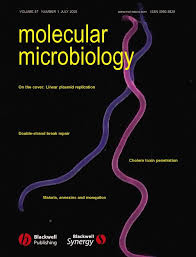 A researcher who resigned from the University of Dundee in Scotland after it concluded he was guilty of misconduct has issued his first retraction.
A researcher who resigned from the University of Dundee in Scotland after it concluded he was guilty of misconduct has issued his first retraction.
According to an internal email to staff forwarded to us last year, the university concluded that Robert Ryan had misrepresented clinical data and images in 12 different publications. The first retraction, published by Molecular Microbiology, cites image duplications in multiple figures.
Here’s the full notice:
Continue reading Once-prominent researcher logs retraction following misconduct finding

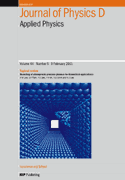
 Two journals have retracted two papers by the same group within months of each other, after editors were independently tipped off that they contained duplicated figures representing different experiments.
Two journals have retracted two papers by the same group within months of each other, after editors were independently tipped off that they contained duplicated figures representing different experiments.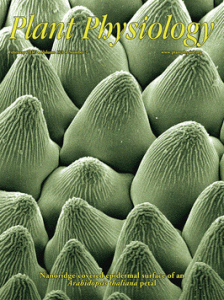 Researchers in China have retracted a paper and corrected three others in a plant journal, citing problems with multiple figures.
Researchers in China have retracted a paper and corrected three others in a plant journal, citing problems with multiple figures.

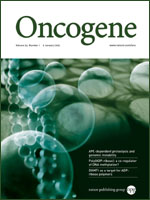 Here’s a rather odd case: When readers raised issues about some of the images in a 2008 cancer paper, the authors issued a correction last year. But when
Here’s a rather odd case: When readers raised issues about some of the images in a 2008 cancer paper, the authors issued a correction last year. But when 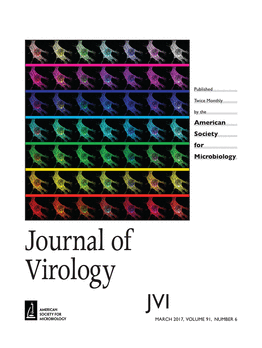 A group of researchers in France has been forced to retract their 2002 article in the
A group of researchers in France has been forced to retract their 2002 article in the  It would seem that resorting to legal means to avoid editorial notices doesn’t always work.
It would seem that resorting to legal means to avoid editorial notices doesn’t always work.